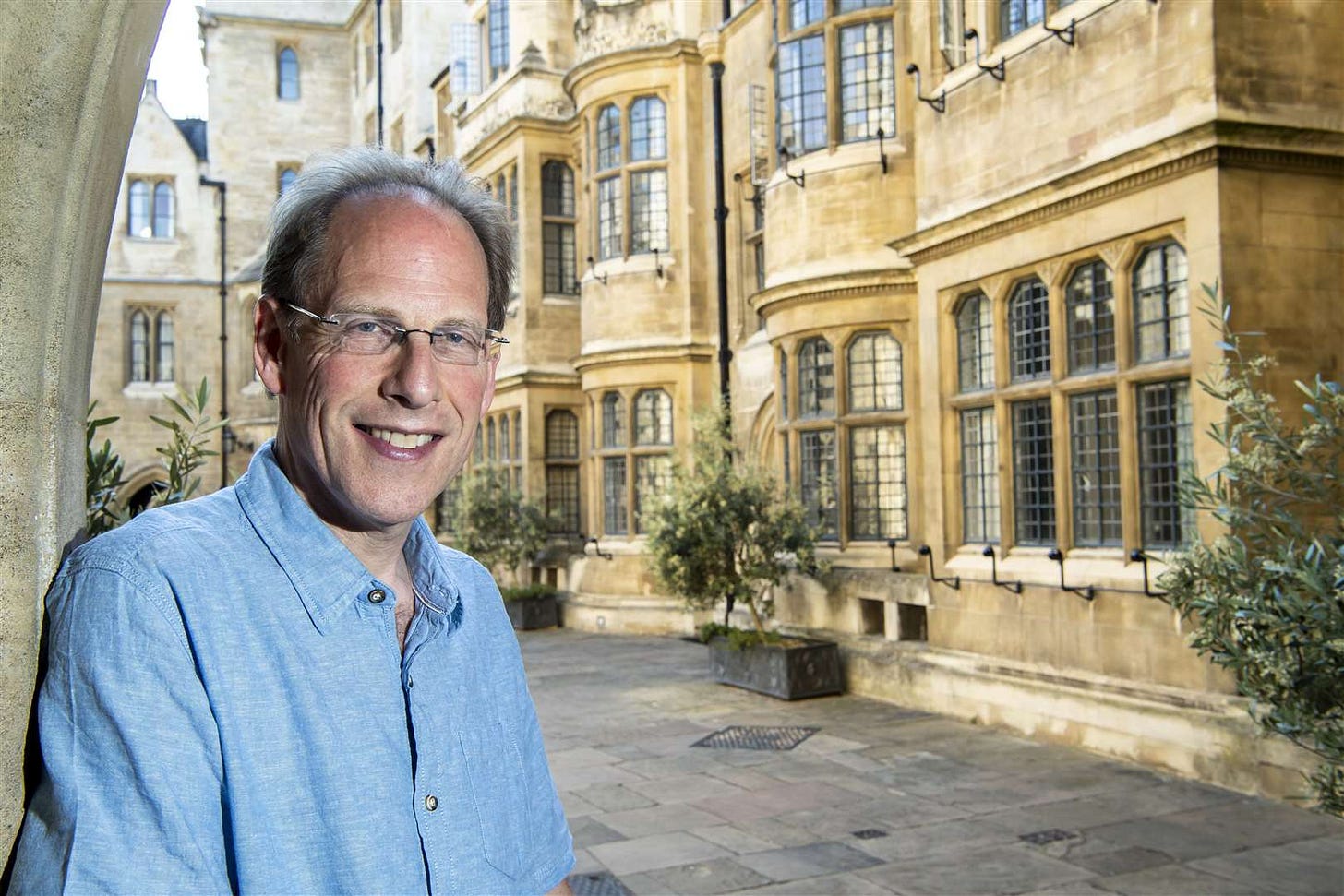For over four decades, Sir Simon Baron-Cohen has been a leading authority on autism, formulating several of the now widely accepted theories and shaping science’s understanding of the condition. In 2021, he was knighted for his services to the field, and in 2023, he was awarded the Medical Research Council’s Millennium Award. Today, he works as a professor at the University of Cambridge, as well as directing their Autism Research Centre.
Why did we invite him on?
As much as we’ve come to understand about autism, it still feels mysterious. From its origins to its prevalence, and its relationship to genetics and environment, almost every aspect of the condition is fiercely debated. With new, shocking claims coming from the Trump camp about the causes, we wanted to get some perspective, and speak with a leading expert on the subject. As long-time admirers of Simon’s work, he seemed the ideal candidate to guide us through this emotional and complex issue.
What did we learn?
Before we can even get to the more divisive and controversial aspects of this discussion, we need to establish something early: what is autism?
It’s a term with no strict definition - each diagnosis is different and relays different qualities. So what does it mean to Simon?
”The old view is that it was a disorder - a disease, even. Autism, for me, is a disability and a difference. The disability manifests in social relationships, adjusting to change… but the differences tend to be mostly positive. Excellent attention-to-detail, excellent memory, strong pattern-recognition. Some of them are strengths, even talents. We don’t want autistic people to be defined by their disability.”
Simon’s description lives up to the increasingly nebulous definition. For some on the spectrum, their diagnosis describes an inability to live independently, to form social relationships, or even to speak. For some, it comes with almost no disability, even manifesting as “the autism advantage” - the subject of Simon’s new book.
For Konstantin, it raises a potentially incendiary question: if the term is so amorphous and the spectrum so broad, is it even helpful? If ‘autistic’ can be used to describe Elon Musk, arguably the most successful living person, as well as someone with no independence whatsoever, what does the label even tell us? Does it not simply describe the variety we know to be inherent to humans?
Simon, to an extent, agrees.
”For the moment, they’re lumped together. But I think we’ll make more progress if we had sub-groups. We do that for all sorts of things; we don’t call every kind of cancer “cancer.”’
This disconnect might explain the widespread scepticism over the supposed ‘increasing rates’. How come so many people, who seemingly have no problems living full, independent lives, are suddenly being diagnosed?




